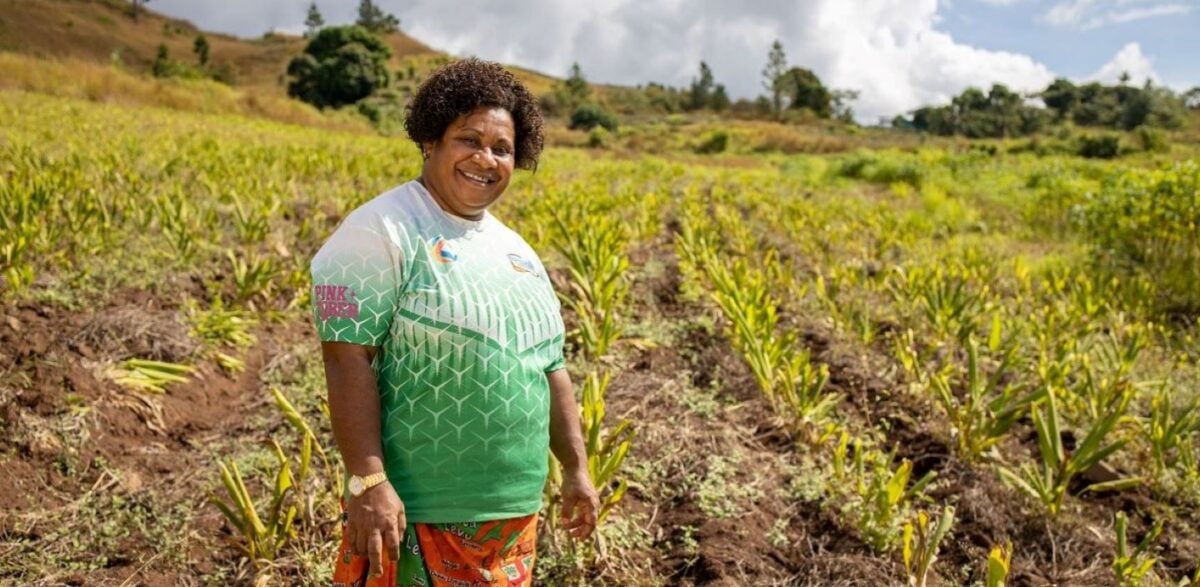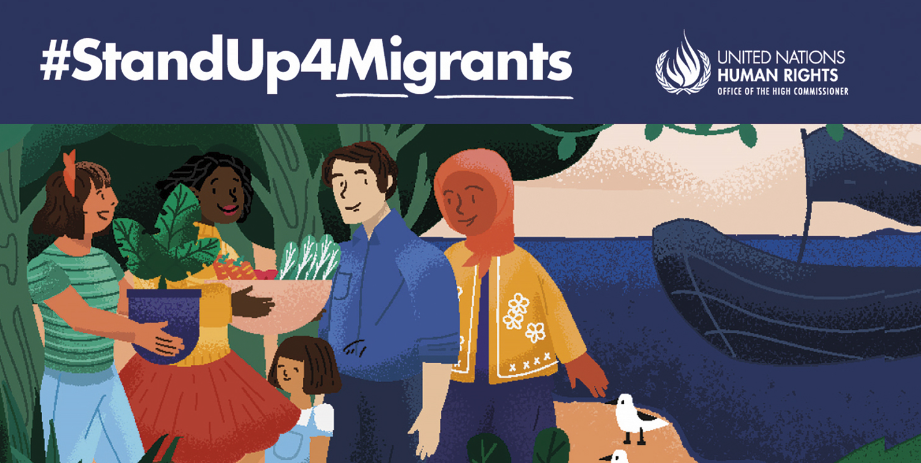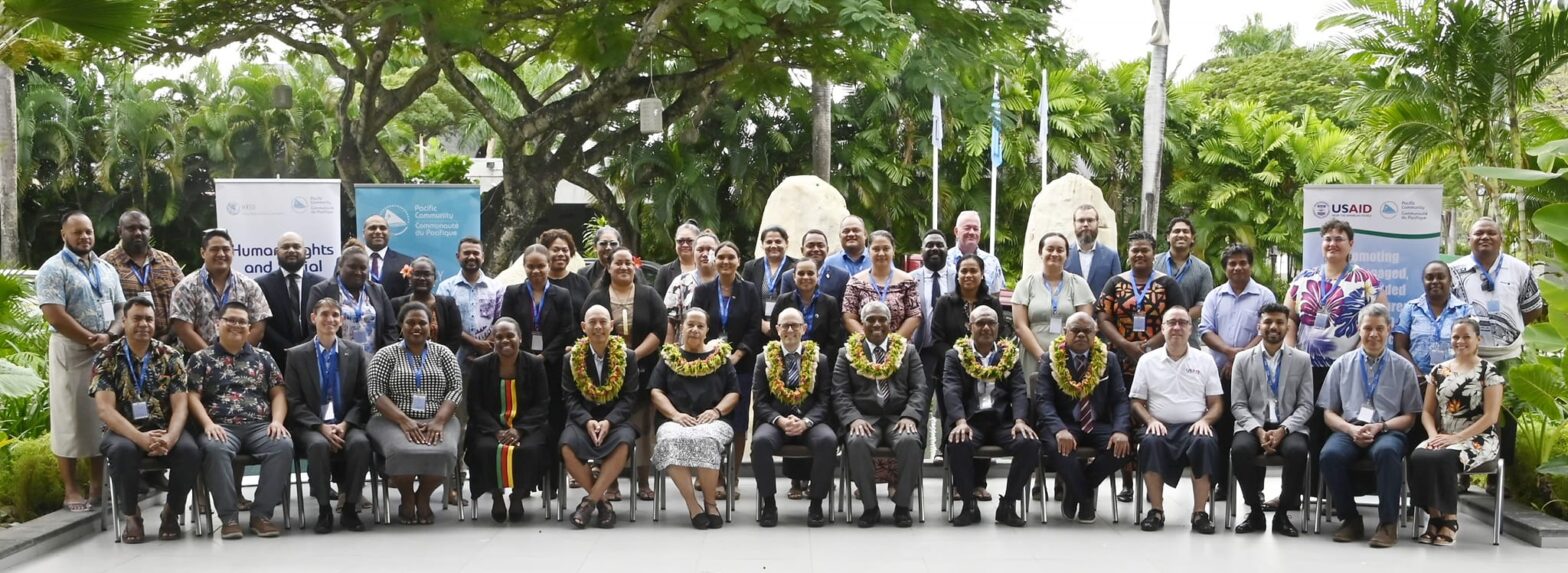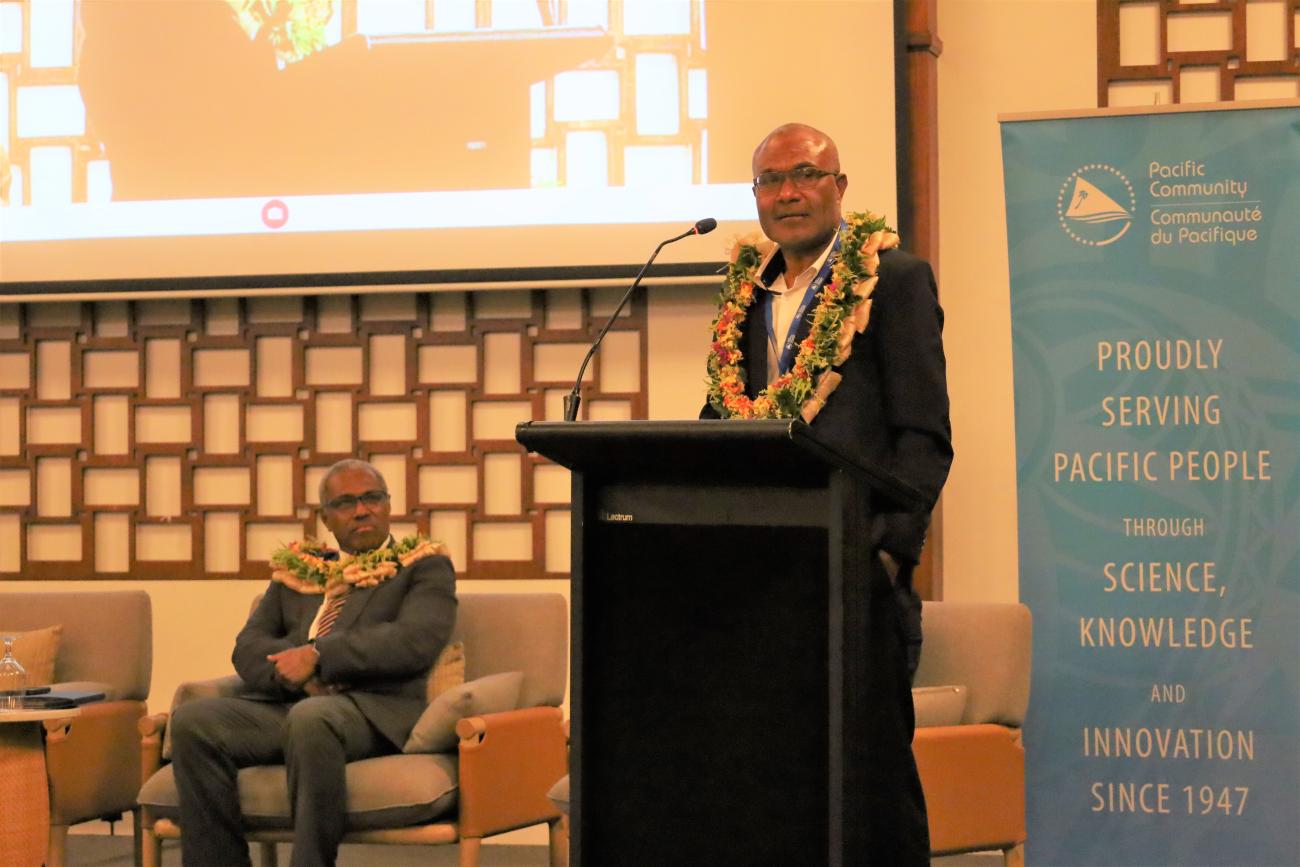The International Fund for Agricultural Development (IFAD) is advocating for more investments in small-scale farming communities in the Pacific.
With climate change intensifying and more frequent disruptions in food value chains, such investments are critical to fight poverty and malnutrition, and to enable rural populations to grow more food today and in the future.
At the Pacific Week for Agriculture (PWA), IFAD delegates shared their organization’s vision and new strategy to work with Small Island Developing States (SIDS).
“Rural communities in the Pacific islands are on the frontline of climate change. Extreme weather events are becoming more frequent, so investments to help people adapt must accelerate,” said Satu Santala, IFAD Associate Vice-President. “Small-scale producers must build their resilience to shocks now, be it climatic or economic. Tomorrow will be too late.”
Today, most small island populations live in rural areas, practicing subsistence farming. They have little opportunity to scale up due to limited access to inputs, machinery and land. Rural communities are already affected by climate change and are vulnerable to extreme weather events. The COVID-19 pandemic and the recent food, energy and fertiliser price hikes have further destabilised local food systems, especially in countries already highly dependent on food imports – like those in the Pacific islands.
As per its new strategy for Small Island Developing States, IFAD aims to accelerate rural development to ensure small-scale producers are resilient to shocks, can grow their crops, access more nutritious and healthy foods, and earn an income by diversifying their livelihoods.
“Solutions exist to help small-scale producers adapt to climate change, increase harvests and grow more nutritious foods. The solutions combine cutting-edge science and the most advanced climate-smart techniques with traditional knowledge and practices,” explained Santala. “We need to scale-up solutions urgently.”
Across the Pacific Island states, IFAD fosters community driven development. The Fund works closely with subsistence farmers and remote rural communities, engaging with farmer organisations, indigenous people and grassroots communities.
IFAD supports climate-smart and nutrition sensitive practices such as planting drought resistant fruit and vegetable crops, establishing community nurseries, and promoting agroforestry and home gardens. The Fund also helps producers connect to commercial value chains and export markets.
Over the past few decades, IFAD has made a substantial investment in the Pacific region, resulting in significant impact on the ground. Total investment by IFAD in the Pacific region amounts to US$420 million since 1978.
For example, in Papua New Guinea, a project helped forge links between farmers, cocoa and coffee producers’ off-takers and agribusinesses. Thanks to training in sustainable production practices, the value of cocoa and coffee sales increased by 82 percent, leading to a 33 percent increase in food security for small-scale farmers and their families.
This story was originally published at IFAD on 08 March 2023 by Bob Baber, reposted via PACNEWS.




